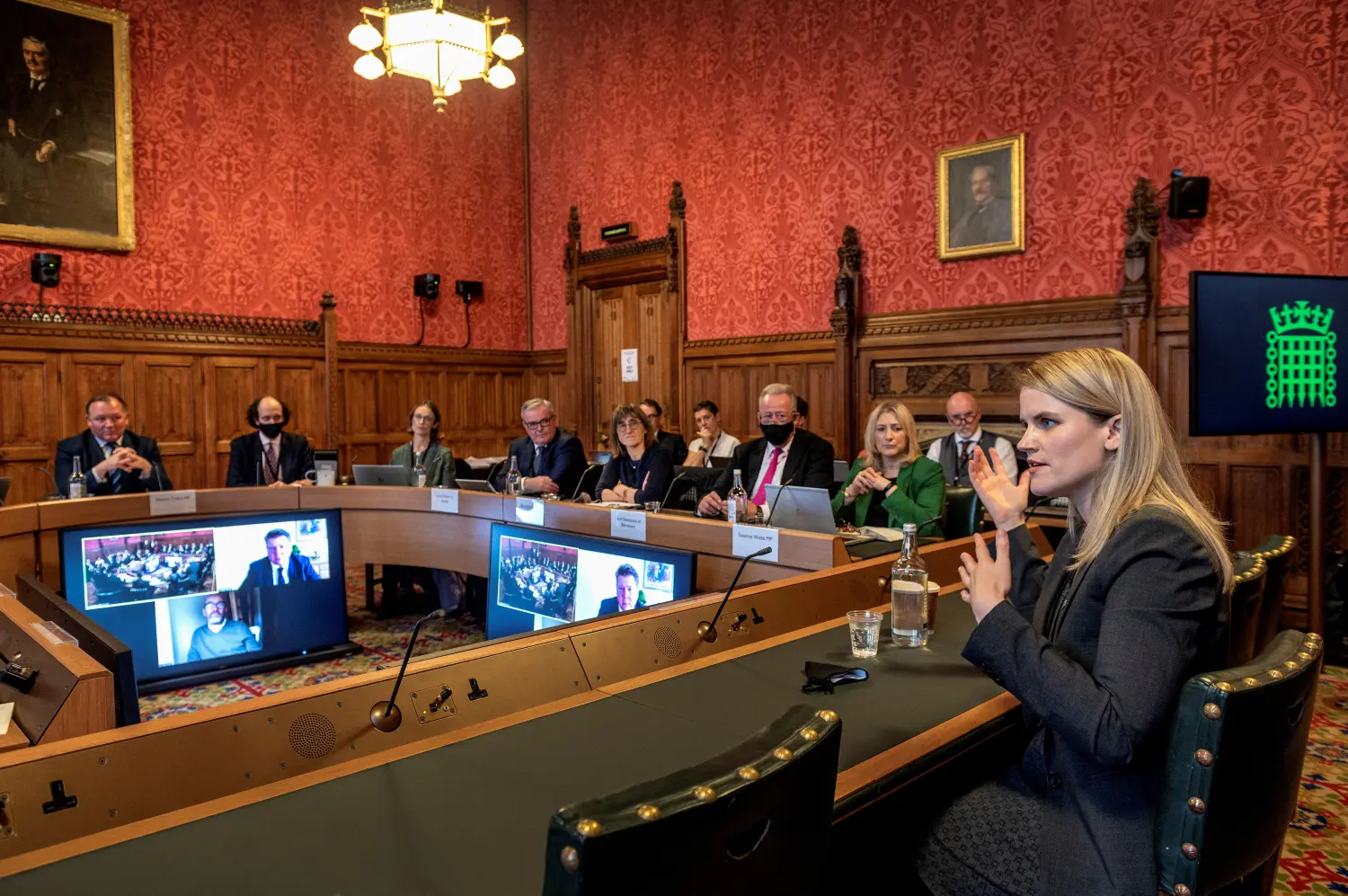
UK Visa Requirements for International Students to Increase in 2025
UK Visa Requirements for International Students to Increase in 2025
Under a new set of rules, the ability of international students to get into the UK will require significantly more money on display, effective from 2025.
These changes represent the UK government’s plan to more effectively control the growing number of foreign students coming to the UK, while at the same time making sure that an applicant has sufficient financial support to cover the tuition and living expenses.
This will, therefore, predominantly affect students from countries with ailing economies or those who would have high reliance on exogenous sources of finance, such as part-time jobs.
Consecutive below is a detailed breakdown of such changes and how they may affect international students, and what future applicants need to know.
Key Changes in Financial Requirements for International Students in 2025
Under the current system, students are required to demonstrate that they can cover at least 9 months of living expenses, which varies depending on whether they are studying in London or outside the capital.
Starting in 2025, this threshold will increase, reflecting the rising cost of living in the UK, especially in high-demand urban centers.
For students studying in London, the cost of living is significantly higher than in other regions.
While exact figures have not been disclosed, it’s expected that the financial proof required for visa applications will be adjusted to reflect ongoing inflation and increased housing prices.
Outside London, students will also see a rise in the financial requirements, although the amount will be slightly lower compared to the capital.
What Does This Mean for International Students?
For many international students, the rising cost of living and increased financial proof requirements mean they will need to plan more strategically to meet these new guidelines.
This could include securing additional scholarships, student loans, or other sources of financial aid before applying for a visa.
The new requirements will also mean students must show they have access to sufficient funds before arriving in the UK.
This shift will particularly affect students from countries where access to credit is limited or where currency values fluctuate frequently against the British pound.
Scholarships and Financial Aid
UK universities and private organizations offer numerous scholarship opportunities for international students. Those applying in 2025 or later should start their research early to identify funding options that can help them meet the increased financial threshold.
Scholarships based on merit, specific fields of study, or geographical regions can significantly ease the financial burden of studying abroad.
Popular scholarships include the Chevening Scholarships (for students from Commonwealth countries) and university-specific awards.
Students should consult platforms such as Study UK for a comprehensive list of scholarships and financial resources available to them.
The Impact of Rising Costs in the UK
The UK’s cost of living has risen consistently over the past decade, driven by increased housing prices, higher food costs, and rising utility expenses.
Major cities like London, Manchester, and Edinburgh have become expensive, making it more challenging for students on tight budgets to afford basic necessities like rent, food, and transportation.
In recent years, student accommodation in London has seen prices soar, with some estimates suggesting that students spend close to £1,000 per month just on rent.
Even in less costly regions, students are facing growing expenses due to inflation, further emphasizing the need for financial planning.
The New Visa Requirements for Students in 2025
International students applying for UK visas in 2025 will need to provide detailed proof of funds.
This means showing bank statements or other financial documents proving they can support themselves for the duration of their studies.
The required funds will cover both tuition fees and living costs, which will be calculated based on the location and duration of their stay.
For example, students attending universities in London may need to show upwards of £12,000 to £15,000 in living expenses alone.
Outside of London, this figure will be somewhat lower but still substantial. These changes could potentially deter some prospective students who might struggle to meet these new financial expectations.
Importance of Early Financial Planning
Given the impending changes, international students must begin their financial planning well in advance.
This includes not only securing sufficient funds to meet visa requirements but also planning for unexpected costs that may arise during their studies.
Many experts recommend that students establish a financial safety net before travelling to the UK, ensuring they have additional funds available for emergencies.
Students should also look into part-time work opportunities in the UK, which can help alleviate some of the financial burden.
Conclusion
As the UK continues to position itself as a top destination for higher education, the new financial requirements set to take effect in 2025 will ensure that students are financially prepared for the cost of living and studying in one of the world’s most expensive countries.
International students should take proactive steps to secure funding and explore scholarship options early in their application process to meet the increased financial proof needed for a UK student visa.
For additional resources on UK student visa applications, including details on specific financial requirements and visa rules, visit the UK Government’s official visa page. Students can also find more comprehensive financial planning guides on Study UK.
Related Reads
UK Post Study Work Visa Finally Revealed: The Gateway to Opportunities
Let us help you yield your true academic potential for foreign education. To configure and discover an apt international enrolment strategy, get in touch!
- +923041111444
- info@edify.pk
- Edify Building, 3rd Floor, Madina Town Faisalabad
© 2026 Edify Group of Companies. All Rights Reserved.







